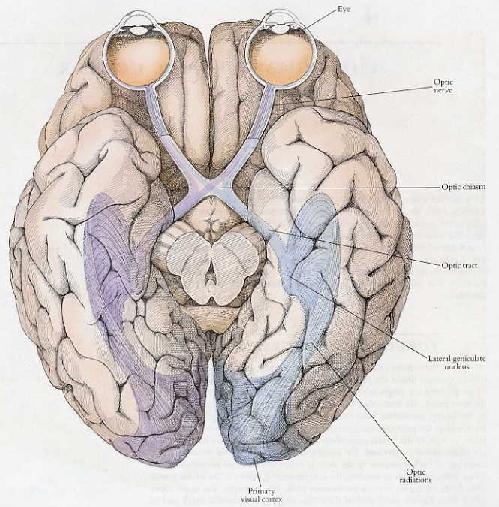 Self Satisfaction
Self Satisfaction 
Navigating

Karen Horney, M.D.
Neurosis and Human Growth: The struggle toward self realization. (1950)

Glory | Neurotic Claims | Self knowledge | Outcome
"But through a variety of adverse influences, a child may not be permitted to grow according to his/her individual needs and possibilities."
p. 18.
"the needs for the absolute and the ultimate are so stringent that they override the checks which usually prevent our imagination from detaching itself from actuality."
"He loses his capacity for living in the moment."...
"his sense for the concrete, for the here and now."
p. 35.
"Every neurotic at bottom is loathe to recognize limitations to what he expects of himself and believes it possible to attain. His need to actualize his idealized image is so imperative that he must shove aside the checks as irrelevant or nonexistent."
p. 36
"The belief in an inherent urge to grow has always been the basic tenet upon which our theoretical and therapeutic approach rests."
p. 38
"The most pertinent symbol, to my mind, for the neurotic process initiated by the search for glory is the ideational content of the stories of the devil's pact....the offer of unlimited powers."
p. 39.
"Neurotic Claims"
"Life is awful, it is so full of reality."
p. 40.
"The more a person's view of himself and the world around him is determined by his imagination, the more he and his life in general simply are as he needs to see them. There is no room in his mind for seeing that he has any needs or any claims, and the mere mentioning of the possibility of his having claims may be offensive."
p. 51.
"Conversely, the neurotic may focus on the bright aspects in the lives of others: this one has success, that one has children, another has more leisure or can do more with it, the houses of others are nicer, their pastures greener."
"Although this is simple enough to describe, it is difficult to recognize. particularly in ourselves."
p. 58.
"The Neurotic process is a special form of human development, and --because of the waste of constructive energies which it involves--is a particularly unfortunate one."
p. 15.
The "neurotic" -- "a person in whom neurotic drives prevail over healthy strivings."
p. 39.
"Under inner stress, however, a person may become alienated from his real self. He will then shift the major part of his energies to the task of molding himself, by a rigid system of inner dictates, into a being of absolute perfection."
p. 15.
The consequence is a mixture of envy and insensibility toward others.
Why should he/she,–not be entitled to look out for himself alone! Thus the claims become more firmly entrenched.
p.59
Overview | morality | neurotic claims | origins of self-estrangement | tyranny of | therapy | contents
Writing | writing from texts | how to approach writing | writing papers | writing & world views

